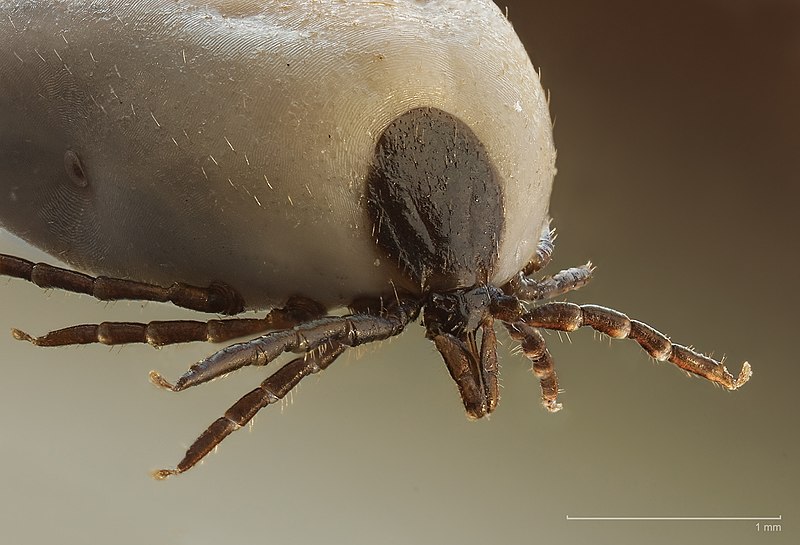Modified proteins from tick saliva target root of inflammatory diseases
Date: 23.2.2022
The bodily fluids of dangerous animals such as snakes and spiders are not ones you want to come into contact with if you can help it, but researchers continues to show how they can contain key ingredients for advanced medicines. Saliva from ticks, which spread deadly conditions such as Lyme disease, is another researchers have been studying for these reasons.
 Now, a team from Australia's Monash University is building on this with a new discovery that further shows how these proteins can be modified to better target inflammatory diseases. These include asthma, arthritis, multiple sclerosis and atherosclerosis, and all involve the body's white blood cells attacking affected tissues.
Now, a team from Australia's Monash University is building on this with a new discovery that further shows how these proteins can be modified to better target inflammatory diseases. These include asthma, arthritis, multiple sclerosis and atherosclerosis, and all involve the body's white blood cells attacking affected tissues.
The trouble is that tick saliva contains a cocktail of evasins in order to establish a wide-ranging suppression of inflammatory response in the host. But only some of the chemokines they bind to are involved in inflammatory diseases, while others are required to maintain normal functioning of the immune system. The breakthrough here is a significant advance in figuring out how to modify the evasins so they only target chemokines that cause disease.
"We've shown that it is possible to engineer an evasin with superior ability, giving us a novel structural model by which proteins can achieve binding selectivity," said Professor Stone.
The scientists believe they have now identified the structural basis for what makes evasins recognize and bind to different chemokines. This provides the basis for engineered versions that can target pre-determined chemokines known to drive inflammatory disease, and potentially opens up an entirely new area of research.























